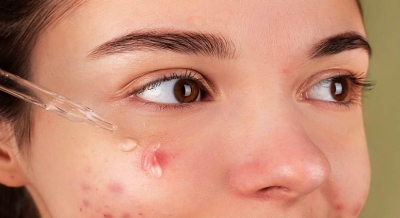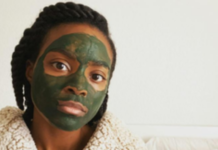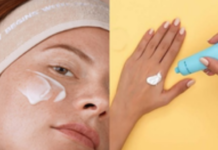BY KARUNA MALHOTRA
New Delhi– Warts is an unpleasant and unattractive skin condition. Skin warts typically seem like little blister-like growths on a person’s hands or feet. It might also manifest in other areas of the body. The human papillomavirus (HPV), which is what causes it, is an infection. More than 15,000 viruses make up the HPV virus category. Actually an STD/STI, HPV is a sexually transmitted infection or disease. Anyone who engages in sexual activity has the risk of contracting HPV if their partner has the virus. Skin-to-skin contact is how it is spread. Warts can appear in different body parts or on the genital areas of those who have HPV.
Dr Karuna Malhotra, Cosmetologist and Aesthetic Physician from Cosmetic Skin Clinic, Rajouri Garden, Delhi explains that “the distinctions between warts, moles, and skin tags are often unclear. Despite the fact that each of the three of them is unique in nature and arises for distinct reasons. Warts are typically little blisters or skin lesions that are the same colour as the person’s skin.”
How is it transmitted?
Apart from HPV which is sexually transmitted infection warts are also spread through skin contact by shaking hands, turning door knobs or typing on keyboards used by many; sharing common shoes or towels also causes warts. Yes, people do get warts from other people with warts; they don’t get them from anywhere else. If you have any type of skin wart, it means that you came in contact with a wart-causing virus sometime in the past, though it could have been months ago.
Who are at risk?
Any person who has very sensitive or damaged or wet skin is more prone to catch the infection. Apart from this person being sexually active, having weak immune system, under prolonged stress, having hormonal disorders and being exposed to external effects such as radiation, chemical emissions of industrial cities, oily or junk food is at risk to get warts once in a lifetime. Also, the wart virus is transmitted most rapidly in areas having warm and humid air like spas, saunas, swimming pools, gyms or clubs.
Precautions
The first and foremost way to prevent skin warts is to avoid coming into contact with the virus.
Make sure you wash your hands properly each time before you touch anything.
Do not share your shoes or towels with anybody. Also do not use anybody else’s towels or shoes.
Keep your skin healthy and well moisturised in all seasons be it winter or summer; do not keep your skin dry for long.
Do not bite your fingernails; also while shaving make sure that you use a sharp razor that won’t tear or cut your skin.
Treatment for warts
Some warts need not to be medically treated; it may go on their own. If your warts cause bleeding or pain then do see the good dermatologist. Options of removing warts are:
Chemical treatment where warts are removed with acids, alkalis or medications containing salicylic acid which works by removing layers of the wart a little bit at a time.
But nowadays Laser wart removal is unique and quite an effective method of getting rid of warts very fast and is less painful as it leaves almost no scars, the doctor can easily control the intensity of exposure, recovery from the procedure is fast but do go to a certified doctor for the removal. (IANS)














